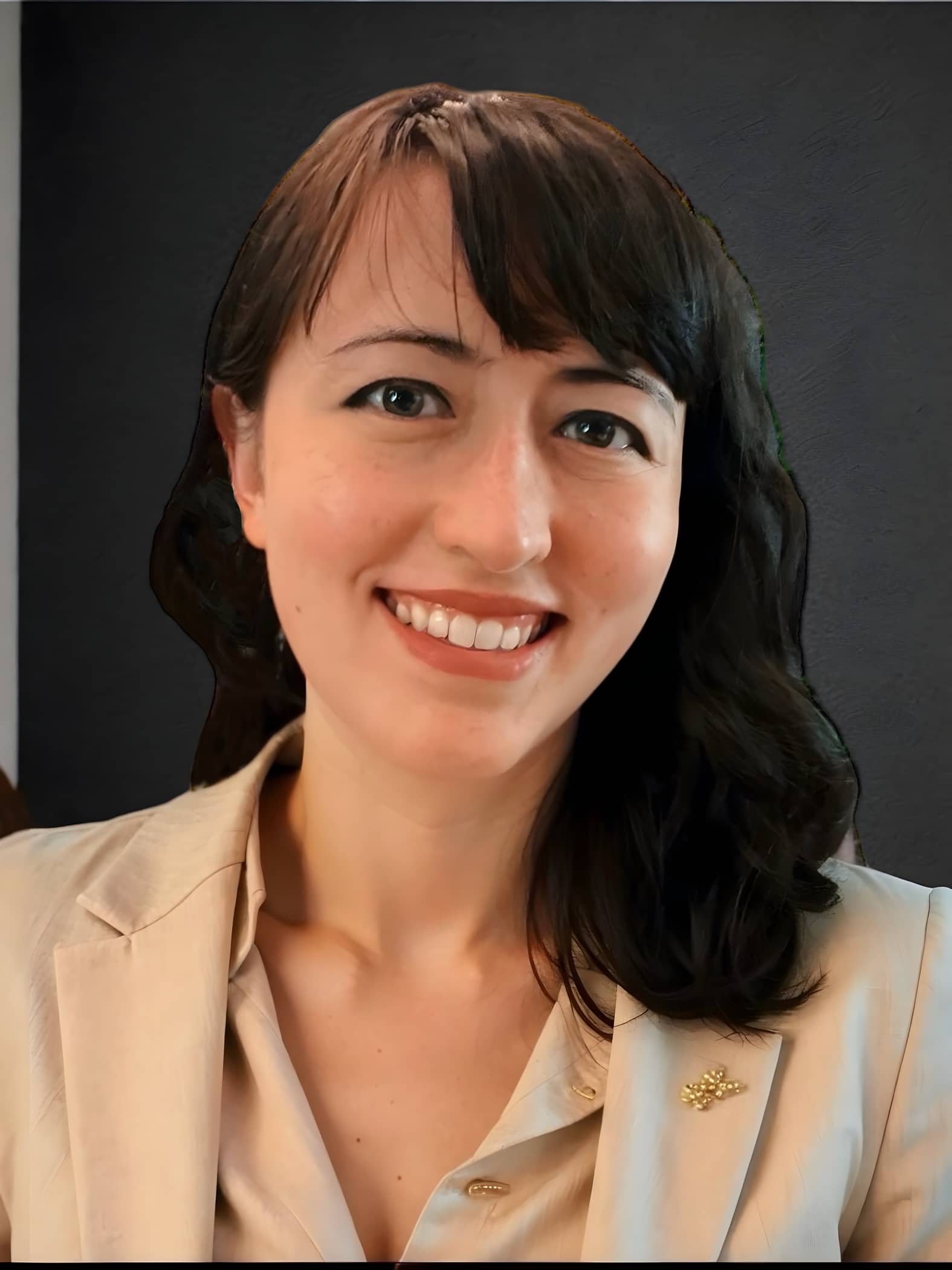Uncovering the Hidden Curriculum in Clinical Supervision
An Intermediate Level Course
Friday, September 20th, 2024, 12:00 - 1:30 pm
Synchronous Virtual Course
Target Audience: Supervising Speech-Language Pathologists
COURSE DESCRIPTION
In this course, participants are invited to explore the hidden curriculum of supervision. The hidden curriculum is a collection of implicit, unspoken expectations for how clinicians or students should behave, what they should believe, and what values they should hold. In speech-language pathology, it’s the cultural expectations that we often take for granted of how an SLP “should” act, prioritize, dress, talk, etc. The hidden curriculum has been shown to be a powerful driver in shaping a person’s feelings of belonging in their field, or lack thereof, particularly for those from minoritized groups. Those of us who supervise graduate students, clinical fellows, and colleagues don’t just teach discrete clinical skills – we also teach and perpetuate these social expectations. In this presentation, the hidden curriculum will be described from the vantage point of critical cultural relativism.

Course Information
Location
Online Via Zoom.
Course link will be sent with registration confirmation.
Materials
Participants must have a computer and internet connection.
Credit
This course counts as 1.5 Hours of Instruction (0.15 ASHA CEUs).
To receive ASHA continuing education credit and/or a certificate of participation:
- Attend the entire course (attendance tracked by zoom login/logout)
- Complete and return the self-assessment survey received via email no later than 5 pm Saturday 9/21/24.
Partial credit will not be provided.
Refund Policy
N/A
Accommodation Policy
Accommodations requests must be made in writing 10 business days before the event (email to whitney.moore@fmarion.edu).
Complaint?
See policy on website.
Learner Outcomes
After this course, participants will be able to:
1) List 2 ways in which identifying bias in the hidden curriculum can reduce its perpetuation.
2) Identify at least 2 aspects of the hidden curriculum in their work.
3) Describe 2 aspects of how the multicultural-ecological-relational model of mentorship can help supervisees from all backgrounds feel engaged and integrated into the program and the field.
Please Note: If there are any changes in the program, instructor, dates, location, or cancellation, participants will be notified via contact provided during registration which may include email and/or phone and announced/updated on the website.
Time Ordered Agenda
12:00 – 12:10 pm: Introduction of the Topic
12:10 – 12:25 pm: Discussion of Culture and Enculturation in Supervision
12:25 – 12:55 pm: Discussion and Examples of the Hidden Curriculum in Supervision
12:55 – 1:15 pm: Relational Models of Mentorship
1:15 – 1:30 pm: Q & A
Course Instructor

Lauren Wolford, PHD, MS, CCC-SLP, CSE
Dr. Wolford is an Assistant Professor at MGH Institute of Health Professions and director of the TASSEL (Teaching and Supporting Student Experience in Learning) lab. She is an education researcher with an interest in equity and disability justice topics. Her lived experience as a multi-racial, neurodivergent scholar informs her work. She uses qualitative and mixed-methods designs to better understand the student and educator experience. Her work with the hidden curriculum is currently funded by the Robert Wood Johnson Foundation Health Equity Scholars for Action program.
DISCLOSURES:
Financial Disclosures:
• MGH Institute of Health Professions: Currently employed as an Assistant Professor and receives a salary. I am actively engaged in education research at MGH IHP in the realm of student mentorship and equity
• Robert Wood Johnson Foundation: Primary investigator on a grant to study the hidden curriculum in rehabilitation sciences programs
• Invited Speaker- FMU, Receiving honorarium
Nonfinancial Disclosures:
• Council for Academic Programs in Communication Sciences and Disorders: Member of the Diversity, Equity, and Inclusion committee.